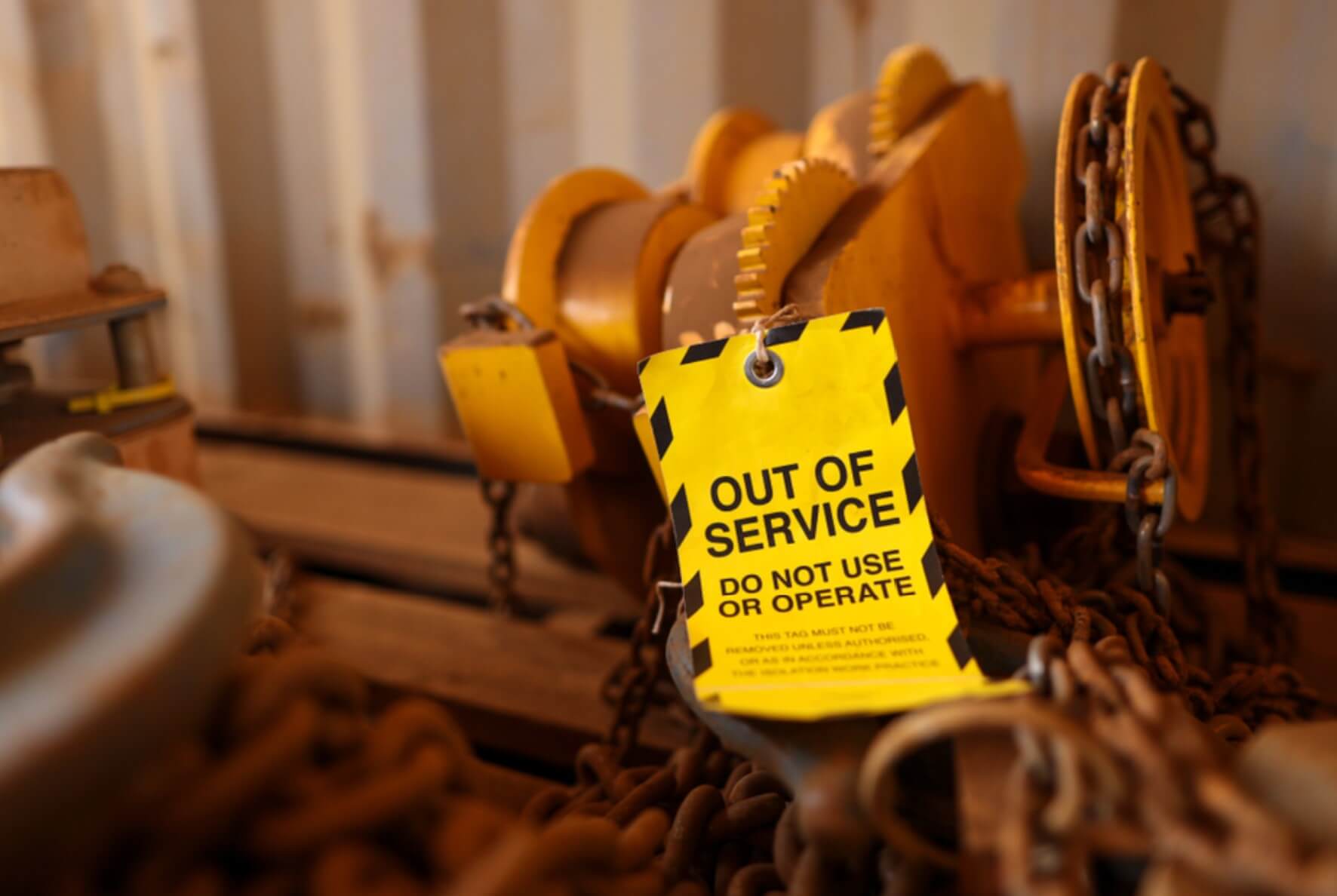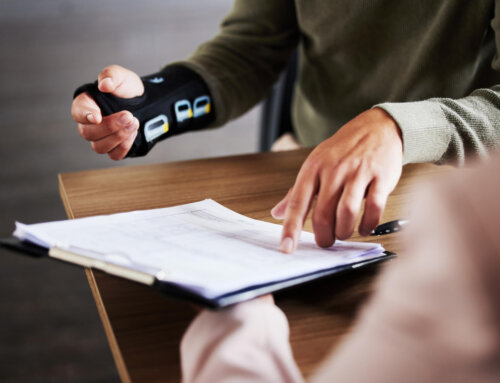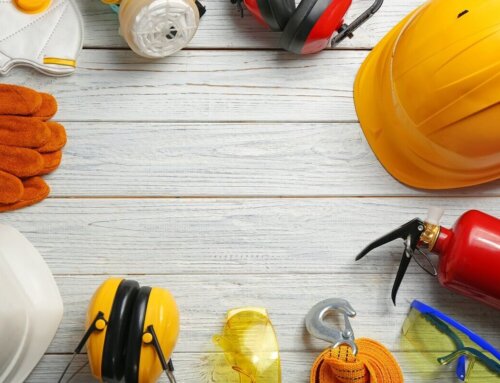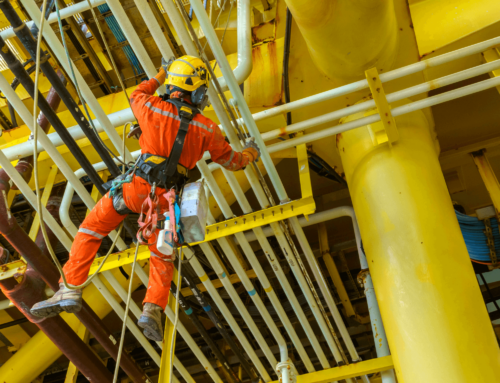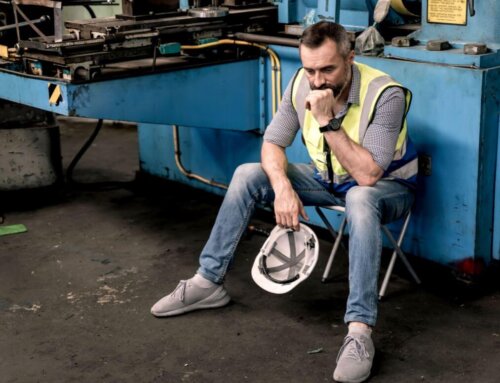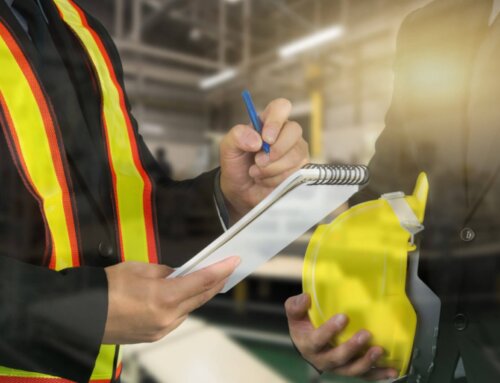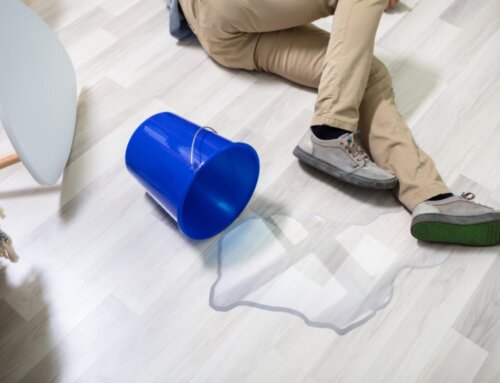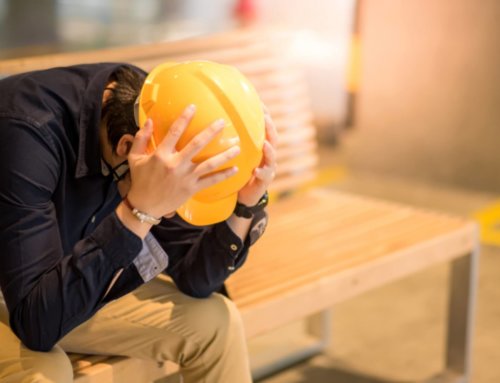Employers owe their employees a duty of care to keep them safe at work. This duty is in part imposed on them by common law and in part by statute.
Common law comes from custom and precedent i.e., unwritten law that develops over time and law which results from the decisions of judges at court. Some judges decisions lay down important principles which can often remain the law for many years.
Statutory law comes from a set of written rules which parliament has decided should become the law on a given topic. This ‘written law’ is known as legislation and the specific rules on a subject are known as an Act of Parliament. The Health and Safety at Work Act 1974 contains the main general regulations governing accidents at work, but there are many acts of parliament regulating different areas of health and safety in the workplace. All have the same aim of trying to prevent accidents at work taking place.
Common law has evolved to set out four things an employer must do to prove he takes reasonable care of his employees health and safety at work. He must provide:
a) Competent staff
b) Adequate plant and equipment
c) A safe system of work
d) Safe premises
It is common sense to say that you should be surrounded by competent work colleagues. Workers who are not competent put others at risk. It’s for this reason trainees or workers new to a company will work under supervision or, at least, guidance for a while.
Likewise employing a safe system of work and maintaining safe premises seems a reasonable pre-requisite to keeping workers safe.
What though is meant by ‘providing adequate plant and equipment’?
Employers duty to provide adequate plant and machinery
The strange sounding phrase adequate plant and machinery, means something far simpler than it suggests. Basically, it requires an employer to provide workers with the right equipment to do their jobs with. The equipment should be in good working condition, too.
Accidents at work often occur because employees (workers) are supplied with faulty equipment. The equipment may have always been faulty, or inadequate for the job in hand, or it may have become defective because it has been over used and neither replaced nor maintained in good working order. In some cases, the equipment may never have been overhauled at all.
To back up the common law duty to provide adequate plant and machinery, there is also statutory law that applies directly to the duty to provide equipment that is in good working condition. This comes in the form of The Provision and Use of Work Equipment Regulations (1998), or PUWER for short. The regulations that make up this act of parliament require that the equipment they provide for use is:
- Suitable for the use it has been provided for
- Safe, well maintained and regularly inspected
- Used by people who have been adequately trained in its use and who are competent
- Accompanied by any necessary protective devices, such as guards, and emergency stop devises.
PUWER covers a wide range of equipment used at work. It even covers equipment which the employee provides for their own work use. It also covers equipment supplied by the employer but being used offsite.
What are the kinds of defective workplace equipment?
The list is wide and not always obvious. For instance, an office worker who suffers an injury when they fall from a faulty chair, would probably bring a claim for compensation against their employer by means of a defective equipment claim. Any list of the types of equipment that feature in defective equipment injury claims, would always be incomplete, but here are some:
- Power tools
- Handheld tools.
- Kitchen appliances
- Factory machinery
- Office Workstations
- Electronic Equipment
- Machinery emergencies stop buttons
- Scaffolding
- Ladders
- Lifts
- Safety harnesses, ropes, and straps
- Machinery guards
- Personal Protective Equipment (PPE).
- Vehicles – a wide interpretation that will include not only work cars; vans and lorries, but also forklifts, farm vehicles, local council refuse lorries and drain cleaners.
How do defective equipment injuries happen?
It depends on the nature of the equipment being used and the circumstances of each case where a defect causes injury. A faulty electrical appliance may cause electric shock injuries: a defective piece of office equipment may cause broken bone injuries if the equipment collapses, or it may cause repetitive strain (RSI) injury to the arms if it is at the wrong height.
Machinery that has a defective guard, could cause crushing injuries, lacerations, and broken bones.
Falls from height caused by faulty ladders or defective scaffolding can cause brain and head injuries, spinal injuries, and broken limbs. Sadly, fatal accidents can be the result of defective equipment and lead to fatal accident claims being made.
Can you claim for injuries caused by defective PPE?
Ironically, the very equipment provided to employees to protect them from hazards identified by the management during risk assessments or dangers caused by the very nature of the work carried out by the employee, can sometimes be the cause of injury or illness itself.
Asbestos disease claims are often successful because the asbestos claimant’s solicitor has successfully argued that the PPE provided to an employee was defective, inadequate or, as in most cases, non-existent.
Noise induced hearing loss claims (NIHL) are won because the hearing protectors employees were provided with, failed to do their job i.e., protect employees from the constant loud noise in the workplace.
Similarly, if safety goggles, hard hats, heavy duty boots or protective gloves fail to protect the employee, because of a defect or because they are inadequate, then any injury or illness the employee suffers directly as a result of the defective equipment, may give the employee grounds for making a personal injury claim.
As well as the general common law rules requiring an employer to look after his workers and the requirement of PUWER, there are specific duties placed on the employer by legislation in the form of The Personal Protective Equipment at Work Regulations 1992 which stipulates employer’s must:
- Carry out a full risk assessment on any hazards in the workplace and work out what PPE is required to protect the workers.
- Provide suitable PPE
- Maintain the PPE in good condition
- Monitor its use
- Provide adequate safety signs to warns workers when they must use PPE
- Train employees in the correct use of the PPE they are being provided with.
The PPE Regulations also make it known that having to resort to the use of PPE should be seen as a last resort – the employer is under a duty to try and eliminate the hazard that gives rise to a requirement for PPE, in the first place.
What does this mean for NHS frontline workers who weren’t provided with good enough PPE and then got Covid?
The letters, PPE, will be forever associated with the Covid pandemic, most particularly in relation to health workers: doctors, nurses, paramedics, and other medical staff.
As the pandemic started to take its toll in the Spring of 2020, it became clear that the NHS was in urgent need of vast quantities of PPE or personal protective equipment, such as masks, gowns, and gloves, to protect health staff. The government rushed to get massive quantities of PPE urgently and committed to spending billions of pounds to achieve this.
Fast forward to Summer 2020 and a report in the BMJ (British Medical Journal) revealed that the head of the British Medical Association had called reports that healthcare workers had been provided with defective (“faulty and out of date”) PPE, as a ‘national scandal.’
Interwoven into the story are allegations that the government granted contracts to companies that had no history of medical procurement, and which in some cases, ended up providing defective PPE.
Put simply, as the Covid pandemic raged, many NHS frontline workers were first of all required to work without any PPE because existing replies ran out very quickly. Then when PPE was sourced, much of it was allegedly inadequate or not usable at all.
Questions have been raised as to whether health workers who contracted Covid might resort to taking legal advice with a view to making inadequate personal protective equipment claims. Certainly, after reading this article, you might be drawn to the conclusion that the necessary requirements for making a defective equipment injury claim or an inadequate PPE claim, could well have been met in some cases. The particulars of any such potential claim would determine how strong a case the individual claimant would have
It is a fact that many medical staff got Covid, and some died. The likelihood that in some of those cases, they did so as a result of either not receiving PPE or only receiving defective PPE, is probably quite high.
Proving the employer’s breach of duty of care is just one hurdle to be overcome. Proving that an individual case of Covid has been caused by the employer’s breach is another. Challenges in the form of compensation claims for inadequate PPE protection, will come before the courts. It is just a matter of time.
Mooneerams solicitors specialise in accident at work claims. Our experienced legal team handle many defective equipment claims as well as inadequate PPE claims. Don’t be afraid to call us to discuss a possible claim. We always offer a free initial legal advice consultation on any personal injury claim. Then if we think you have reasonable prospects of pursuing a claim and you ask us to handle it for you, we can in most cases do so using a No Win No Fee arrangement. You may already know that a No Win no Fee agreement protects you from paying any costs if your claim is not successful. It’s a risk-free personal injury claim, in so far as liability for legal costs is concerned!
Call Mooneerams on 029 2199 1927 or contact us using the form on this page to request a call back from us.
In relation to the subject matter of this article you may also find the following pages of interest:
- Defective Work Equipment claims
- Inadequate PPE claims
- Types of injury
- https://www.mooneerams.com/blog/what-is-my-employers-duty-of-care-to-me-in-relation-to-accidents-at-work/
- No Win No Fee compensation claims

